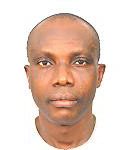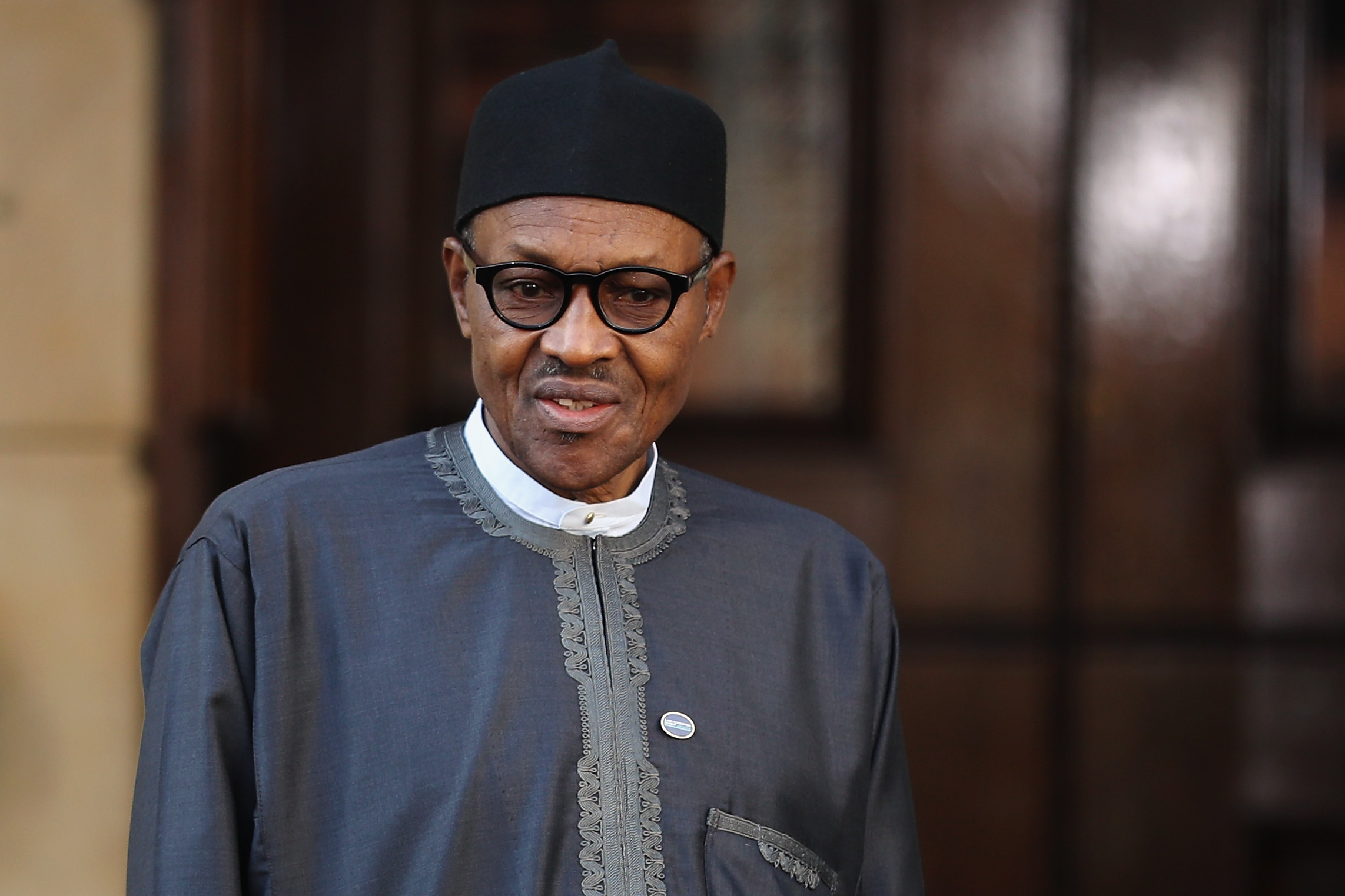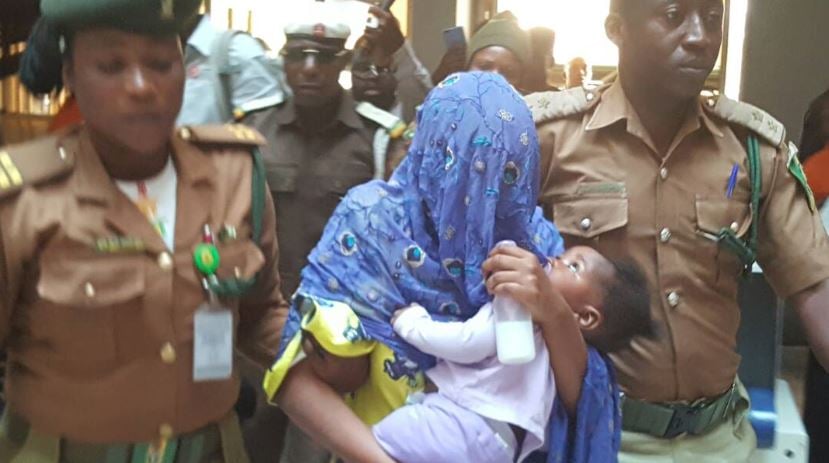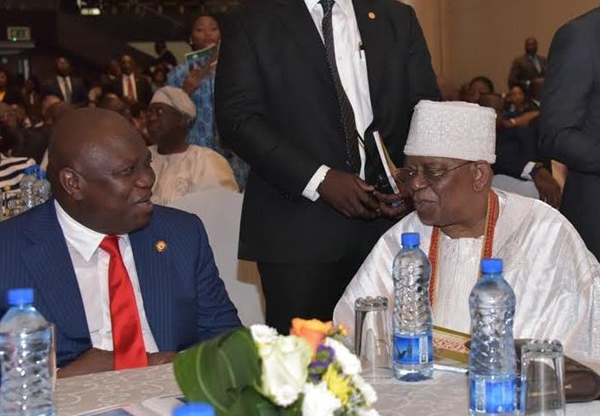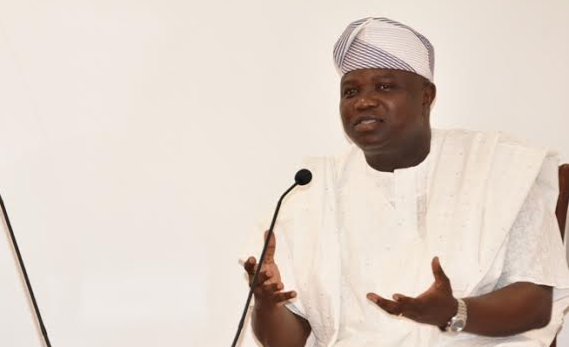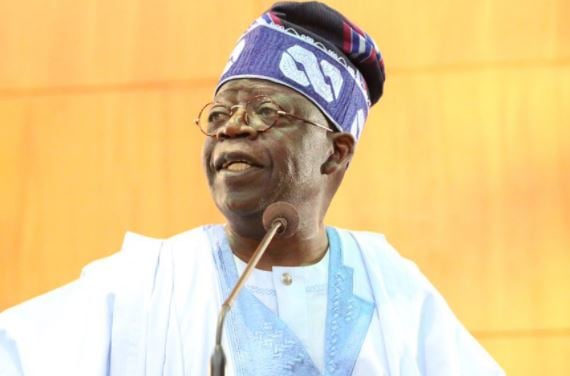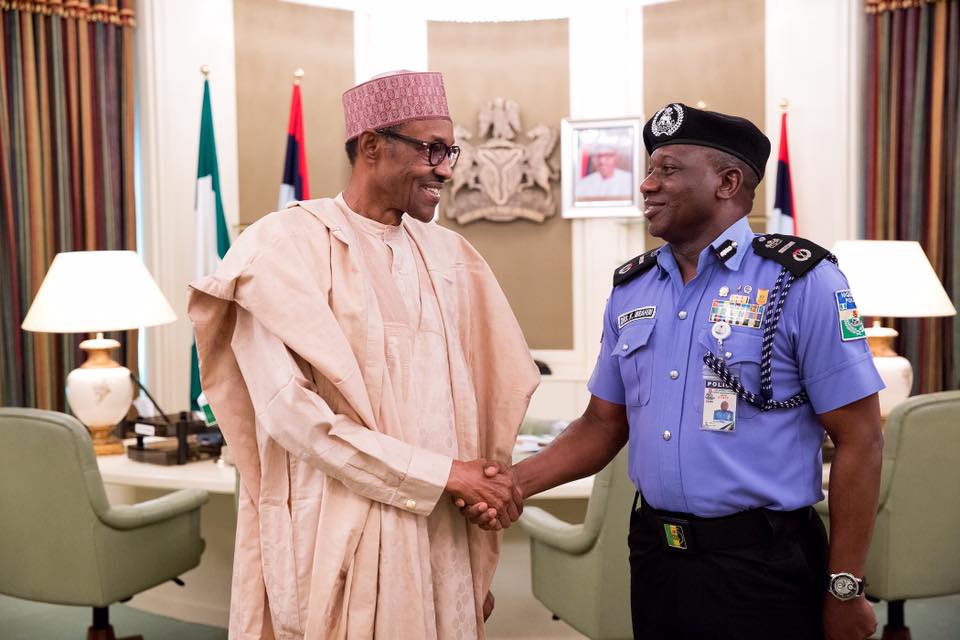When Transparency International (TI) recently unveiled its 2017 corruption perception index, Nigeria’s ranking effectively left rotten eggs on the face of the Muhammadu Buhari presidency.
The global index that was issued on 21st February placed Nigeria 148th out of 180 countries, with a dismal score of 27 marks in a percentage rating field. And this latest ranking showed the country losing rather than gaining ground in graft perception – sliding 12 spots from its 2016 ranking at 136th position with 28 percentage score.
For an administration that anchored its sheer reputation on its anti-graft labours, this profile can’t by any stretch be good news. Besides, the narrative, coming from highly rated TI, just couldn’t be ignored.
And so, the government’s initial pushback was to deprecate the typically authoritative index as misdirected and out of track with practical strides being logged against the long-standing culture of corruption in this country. “Political will is the first major component of fighting corruption in any country, and President Buhari has made a huge difference by demonstrating not only the political will but also extraordinary courage to go after high profile looters,” presidential spokesman Garba Shehu said in a statement. And he didn’t spare the assessor body a scurrilous underhand, saying: “In the end, this whole episode may turn out to be just a political distraction, given the strong views some of TI’s patrons have expressed against the Buhari administration.”
Advertisement
Toeing that line, vice presidential spokesman Laolu Akande reportedly dismissed the perception index as inaccurate, having ignored positive developments that have rolled back corruption in Nigeria and boosted public confidence in the Buhari government. Among others, he cited the whistle-blower policy of the administration and the Treasury Single Account (TSA) as lynchpins of the anti-graft drive.
The highest official of government to so far speak to the issue, Vice President Yemi Osinbajo, however dialed back on the digs against TI, describing the perception index as a motivation to harder work, rather than a setback for Nigeria. He insisted that “real progress” is being made in the war against corruption, and that TI’s index is about perception, which sometimes lags behind reality. Still, he granted that perception could at times be stronger than reality, hence the need to “keep up the fight until the full effect of our efforts is clearly seen and perceived.”
Speaking in an address to an inter-governmental dialogue on justice sector reform and the anti-graft war in Abuja, penultimate week, the vice president said Nigeria’s 2017 rating dropped because of a low score in just one out of nine international benchmarks applied by TI. According to him, whereas the assessor body scored Nigeria low in economic intelligence and country risk service – down to 20 points from a previous level of 37 points – the country remained either stable or indeed upscaled on all other eight indices used for the perception ranking.
Advertisement
It is worth mentioning that the allusion here could in large part be to the lingering gridlock in the National Assembly over enactment of the Nigerian Financial Intelligence Unit (NFIU) as an entity independent of the Economic and Financial Crimes Commission (EFCC), for which Nigeria already is at risk of expulsion from the Egmont Group. NASS touted a determination to break the logjam last week, only that when last I checked it was yet to deliver. But that is just by the way.
The real issue here, in my estimation, is that while the Buhari presidency accuses TI of inaccuracy with its ranking of Nigeria in the latest corruption perception index, it is doubtful the administration itself read the full script of the country’s poor showing accurately.
Forget now the raging allegation that the government typically hunts opposition while turning a blind eye to suspected infractions by allies in its anti-graft crusade. Transparency International did say it compiled its rankings using data from some international organisations like the World Bank, African Development Bank, the World Economic Forum and the Committee to Protect Journalists (CPJ). And the body made clear it found a strong connection between prevalence of corruption and conditions whereby journalists and other activists are at risk for speaking out. It said in its summary: “Further analysis of the results indicates that countries with the least protection for the press and non-governmental organisations (NGOs) tend to have the worst rates of corruption.”
By that logic, if indeed nothing else, Nigeria’s press freedom ratings lately stand to hazard favourable perception of anti-graft exertions by the Buhari government. The country slipped six spots in the 2017 World Press Freedom rankings compiled by Reporters Without Borders (RSF) to the 122nd position, from the 116th place it held in 2016, which itself was a five-level step-down from its ranking at 111th in 2015. The 2017 ranking located Nigeria in the red zone for press freedom alongside countries like Afghanistan, Chad, The Philippines, Zimbabwe and Colombia.
Advertisement
The media watchdog stated in its summary of the press freedom rankings: “In Nigeria, it is nearly impossible to cover stories involving politics, terrorism or financial embezzlement. Journalists are often threatened, subjected to physical violence, or denied access to information by government officials, police and sometimes the public itself…Online freedom was recently curbed by a (2015) cyber-crime law that punishes bloggers in an arbitrary manner.”
It is debatable, of course, that RSF’s assessment of the Nigerian environment was in all respects accurate. But practical instances weigh in heavily to give it some credence. Only last week, the Department of State Security (DSS) released the Abuja bureau chief of Independent Newspapers after keeping him seven days in the can, and just barely as some civic activists threatened to hit the streets in protest of the detention. Tony Ezimakor was arrested penultimate Wednesday after responding to DSS invitation over his report on alleged payment by government of some $2million to Boko Haram in ransom for 82 abducted Chibok girls. Reports said he was pressed without success to disclose his source. Before being let go last Tuesday without any court charge, Tony’s home in Abuja suburbs was ransacked by operatives of the security agency.
Even as we speak now, online publisher Daniel Elombah with his brother and platform editor, Timothy, is being held by the Police for alleged online terrorism. London-based Daniel and his brother were picked up in a New Year dawn raid on their Anambra State family home by Special Anti-Robbery Squad (SARS) operatives, reportedly on account of an opinion piece published on their site that the Police found offensive. The journalists are yet to regain their freedom, and were early this March charged in court with cyber-bullying and cyber-stalking Police Inspector-General Ibrahim Idris, as well as “championing Biafra terrorism.” Among others, the Online Publishers Association of Nigeria (OPAN) spoke out to remind the accusers that journalists performing their routine chores should on no account be confused with terrorists.
And that, of course, isn’t citing other infractions on the civic space, including the January 2017 arrest of Premium Times publisher Dapo Olorunyomi, along with the medium’s judiciary correspondent Evelyn Okakwu; the temporary expulsion in April 2017 of PUNCH correspondent Lekan Adetayo from the State House; the April 2017 arrest of Leadership Newspaper journalist Midat Joseph at the instance of the Kaduna State government; and the 2017 arrest and prosecution of blogger Kemi Olunloyo along with Port Harcourt- based reporter Samuel Walson.
Advertisement
Nigeria purports to be a democracy and there are perception costs for, advertently or otherwise, imposing curbs on free expression. In other words, the country’s poor showing on TI’s index could well be the result, not only of failings in government’s anti-graft exertions, but also of our shrinking liberty.
Please join me on kayodeidowu.blogspot.be for conversation.
Advertisement
Views expressed by contributors are strictly personal and not of TheCable.
Add a comment
